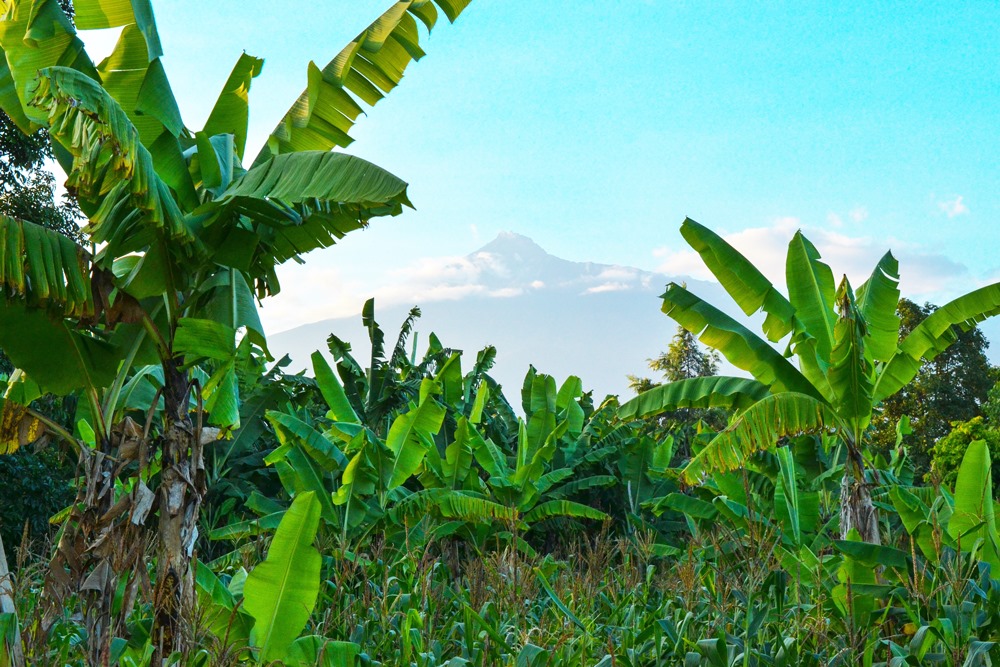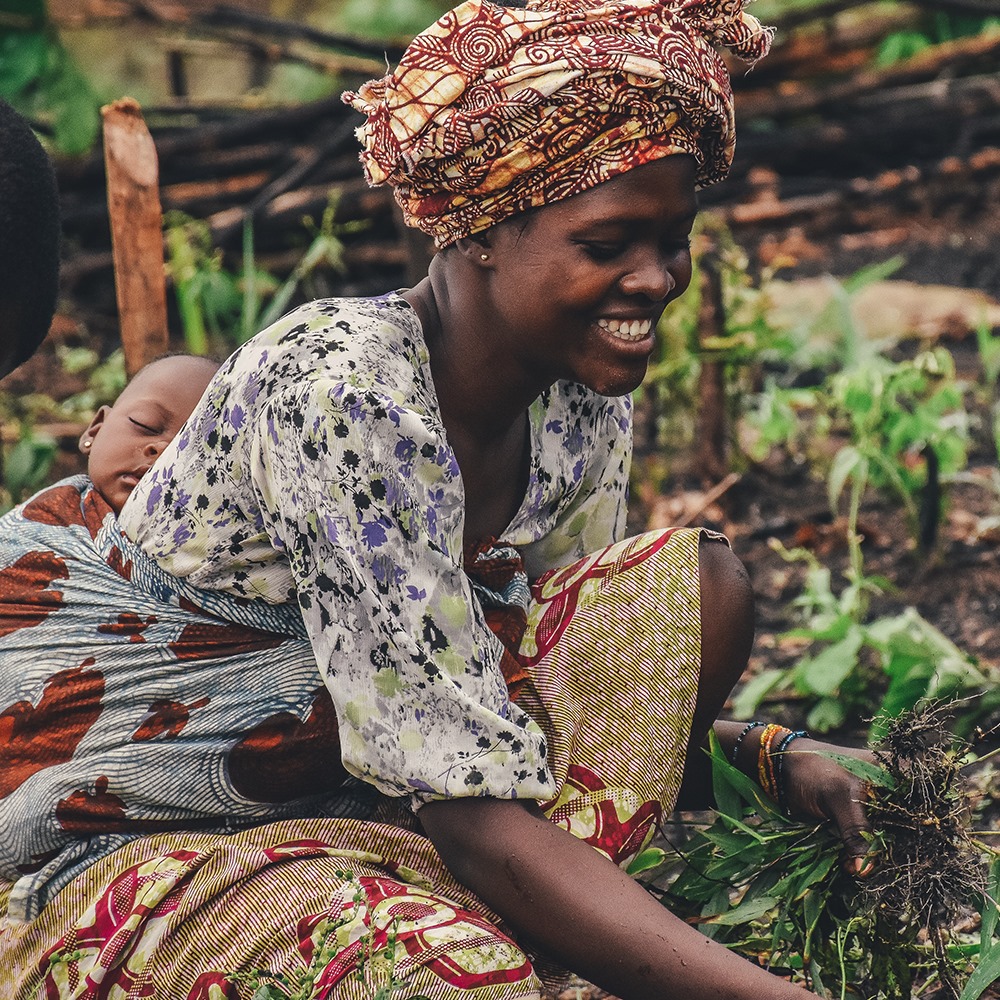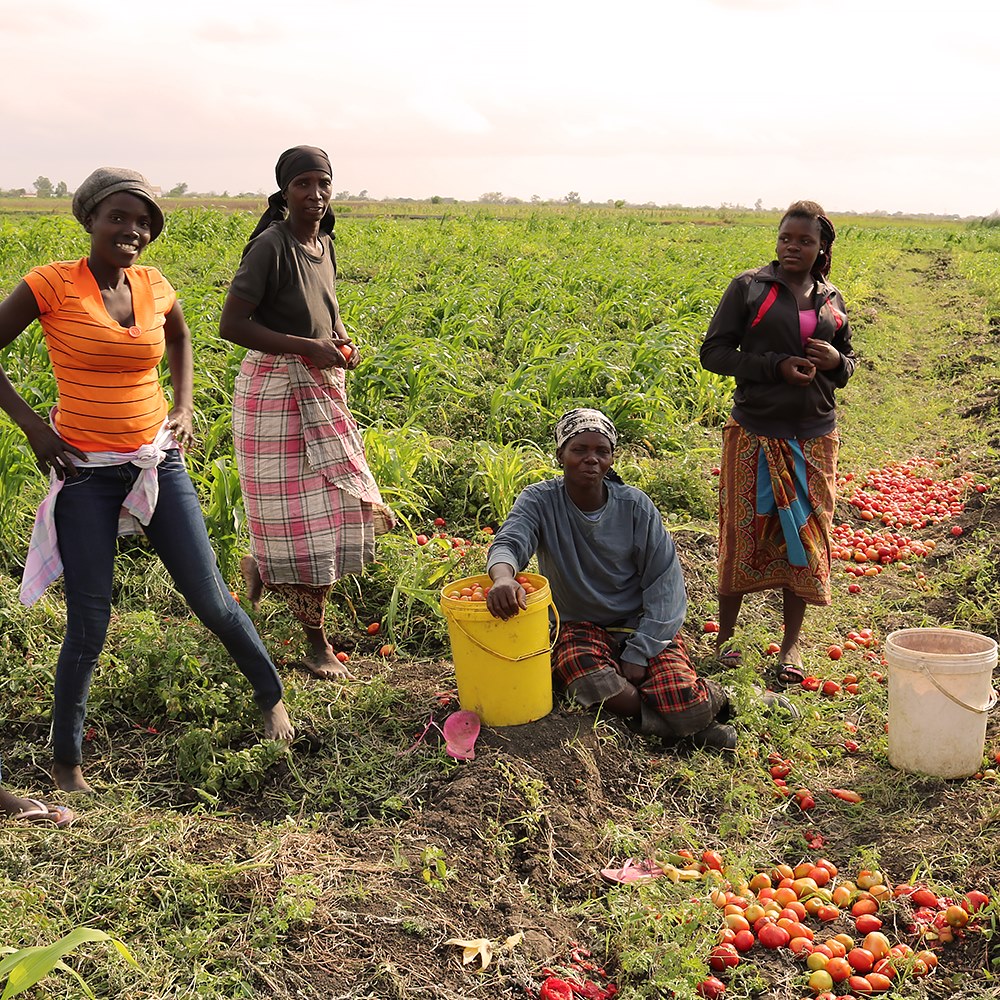Sweden (Stockholm)
Come rain or shine, knowing weather patterns is pure gold when it comes to food security. But in the tropics, you can forget everything you know about the weather. The rules don’t apply.
A storm is brewing in West Africa. A significant increase in the length of dry spells and rampant rainfall means that the climate change hotspot is seeing smaller and smaller crop yields.
To help small scale farmers to avoid adverse impacts of an ever-changing climate, a Swedish company has created the world’s first – and most accurate – tropical weather forecasting company. Ignitia predicts hyperlocal tropical weather patterns, delivering simple SMS texts to farmers in Ghana. Being prepared for droughts, sudden floods and heavy rains is critical on a planet that will have nine billion people by the year 2050.

Nearly three billion people in the tropics have no access to reliable weather forecasts, which is a serious constraint for planning and timing of farming activities. That’s because the weather forecasting systems and numerical weather models developed by western governments don’t work well when it comes to predicting epic equatorial rains.
“As the farming season approaches, knowing what weather to expect is very important.” – a wise farmer
More than 90% of land farmed in Sub-Saharan Africa relies on rain as the primary source of water for agriculture. This makes planning around rainfall a true bottleneck of the farming process in this region, as farmers depend on predictable seasons to plan.
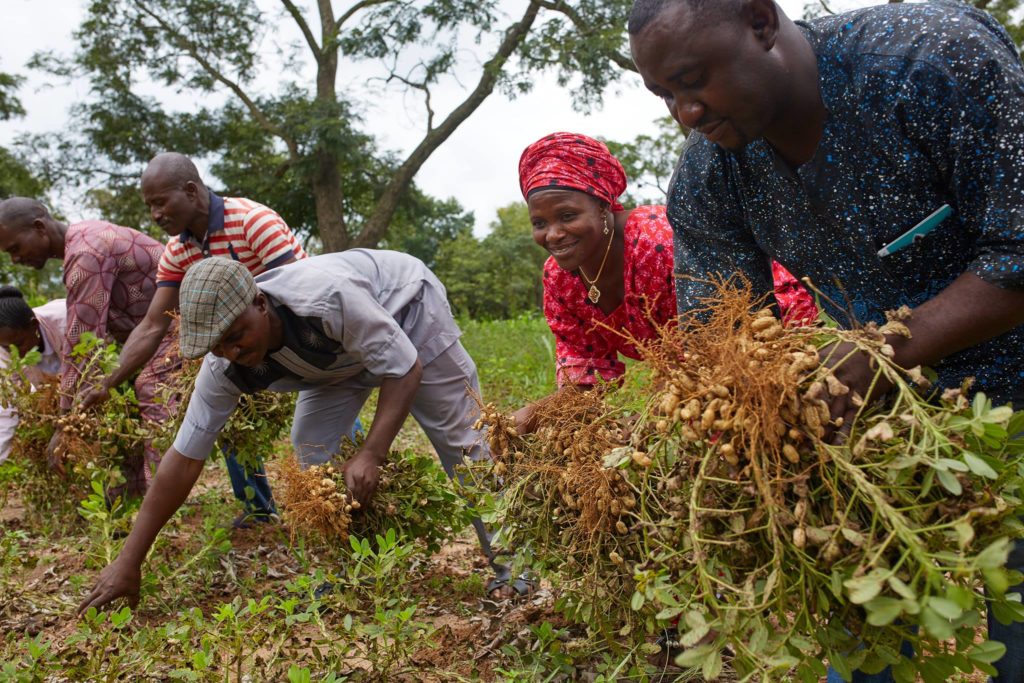
It doesn’t doesn’t sprinkle in tropical places like Ghana. In tropical areas a few degrees above the equator, farmers are often surprised by micro-storms that are born, evolve and fade at the same location within a short period of time. The extreme downpours wash away seeds, fertilizer and destroy crops.
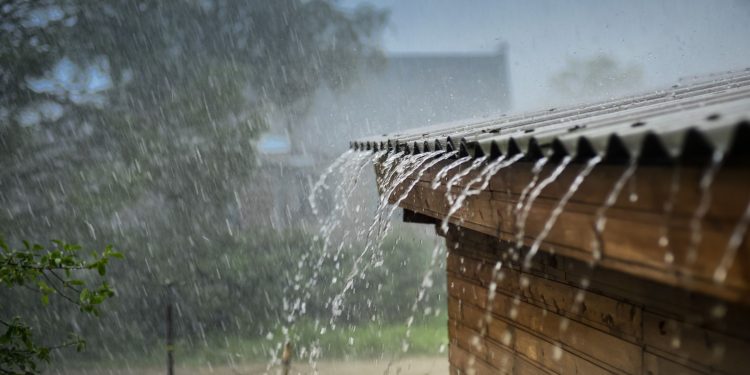
Taking a regional and technical approach to forecasting helps farmers to successfully prevent losses, to forecast crop yields and introduce seed varieties that can withstand conditions – while saving water. Thanks to a scientifically proven accuracy of 84%, Ignitia’s forecasts are successfully helping farmers make better planting and harvesting decisions; assisting farmers and agri-companies in better planning their farming activities to optimize for maximum yield.
Farmers subscribe to receive daily, monthly, and seasonal localised forecasts that detail the likelihood, timing and intensity of the weather. The data driven design is user-centric, with each message tailor-made to the farm’s location using GPS. The simple text-based 48hr weather forecast message is created using language that farmers with low literacy levels can understand, letting farmers know whether “it will likely to be dry this afternoon” or “it will likely rain tomorrow”.
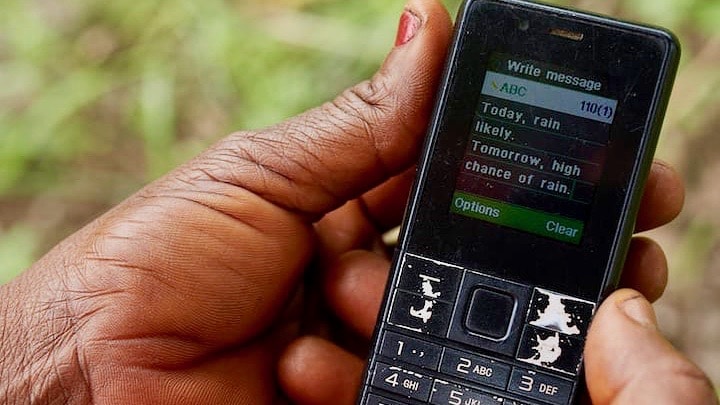
Farmers can opt to receive the messages during the rainy season, monthly for little less than two cents per message. No smartphone or app is necessary. As they say: “Ignitia is not an app. It’s a tool.”
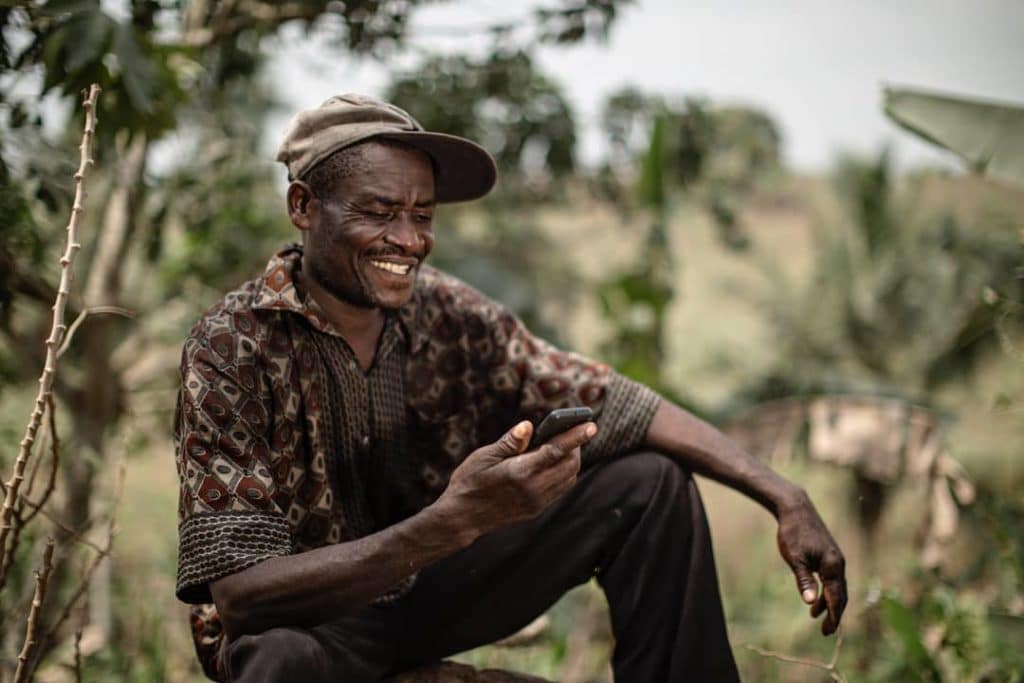
Based in Ghana since 2015, Ignitia has since expanded into Mali and Nigeria and its 1.3 million customers are predominantly smallholder farmers in West Africa growing a variety of staple and cash crops.
It might surprise you that the high-resolution tropical forecast model runs on its own supercomputer cluster underground in Stockholm, Sweden. The data assimilation system is mostly based on satellites and remote sensing data input because ground monitoring stations in sub-Saharan Africa are sparse and often in states of disrepair. This means their ability to expand is not hindered by the high costs of creating on-ground infrastructure in every location.
Founder and CEO, Liisa Smits has been recognized internationally for her vision and leadership, including as an Ashoka Fellow. Next, she wants to scale the technology to all of the tropics, so farmers can make better informed decisions from South East Asia to Central America.
By 2050, 55% of the population is expected to live in the tropics. As the earth warms, the tropical rain belt is projected to move north. In these unprecedented times, Liisa is committed to building farmer resilience with reliable weather forecasts, which can alone double the income of small scale farmers and help minimise disruptions brought on by the pandemic.
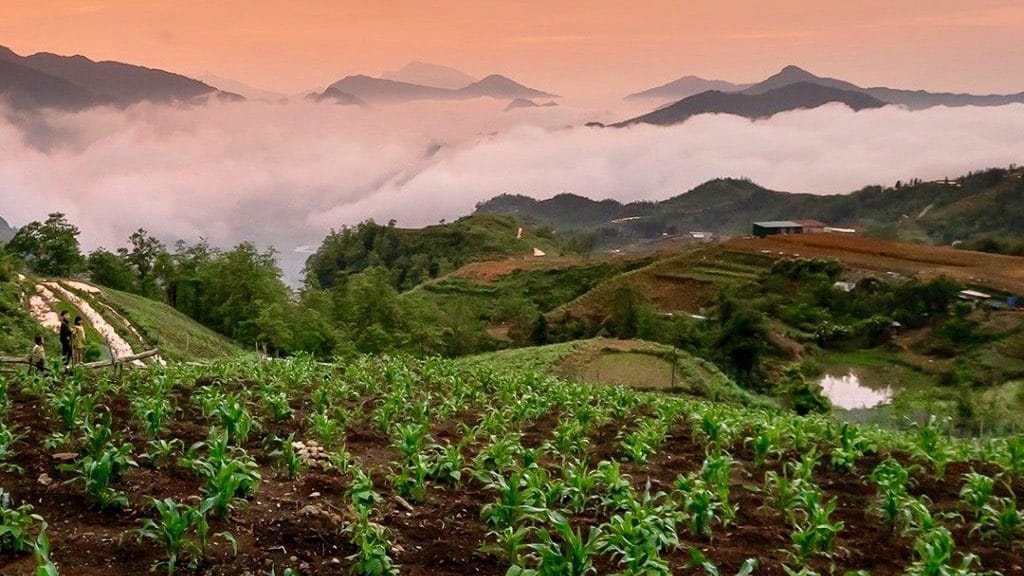
AtlasAction: Get in touch here to learn more.
Project leader
Liisa Smits, Founder and CEO
Partners
Support the Atlas
We want the Atlas of the Future media platform and our event to be available to everybody, everywhere for free – always. Fancy helping us spread stories of hope and optimism to create a better tomorrow? For those able, we'd be grateful for any donation.
- Please support the Atlas here
- Thank you!


